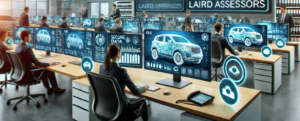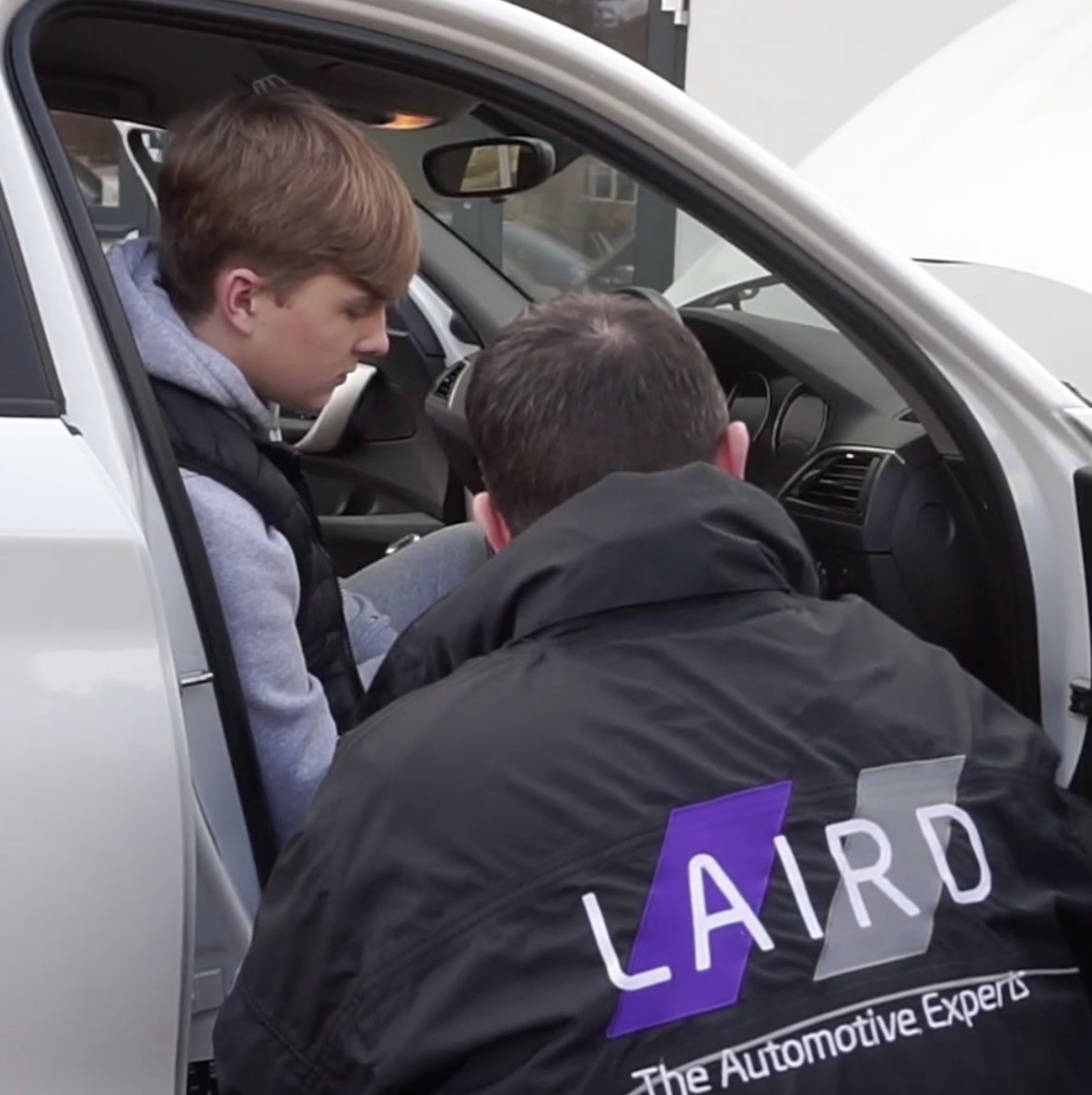The Institute of Automotive Engineering Assessors (IAEA) asked us our opinion on the importance of developing talent and skills to support better vehicle damage assessment. They were interested in what Laird does differently, better ways of working, keeping the team and clients happy and reducing costs, friction etc:
A company is the sum of its people. If we want to be the very best, we have to employ the finest people. This means our recruitment process has to be incredibly picky and selective as we’re look to find that diamond in the rough. We want people whose values align with our ethos; individuals who bring skills including a growth mindset, proactivity, responsibility, adaptability and many other subjective tick boxes. We’re not bothered about skills, we can teach how to estimate, but we can’t teach attitude.
 Recruitment is the start of a long but rewarding journey. We start by assessing their fundamental skills and will optimise our core training to suit the unique learning needs of the individual based on their psychological profiling and psychometrics. We break training into digestible chunks, putting the basics in place and building layer upon layer, year upon year.
Recruitment is the start of a long but rewarding journey. We start by assessing their fundamental skills and will optimise our core training to suit the unique learning needs of the individual based on their psychological profiling and psychometrics. We break training into digestible chunks, putting the basics in place and building layer upon layer, year upon year.
Much of this training is bespoke Inhouse courses, sometimes assisted with AI, because nobody does it like us, so our way will be new to most. However we outsource specialist automotive training to the likes of Thatcham or Blackpool College and Insights for personal development.
Many engineers have a decent proficiency in estimating, and we ensure this is good minimum standard, but it’s imperative they understand individual principals needs. For example an insurer has very different needs and metrics to say a fleet hire company. They may have completely divergent ideas on total loss avoidance. It’s important our teams fully appreciate and respect the client’s philosophy and expected outcomes. We’re not a one size fits all company after all, a fact our clients appreciate.
 Technology training is important, firstly to understand the different workflow processes between a traditional assessor and an AI enhanced one, and the myriad of benefits it brings. Secondly, manufacturers introduce new tech to vehicles almost monthly, so our engineers need training on contemporaneous systems, ADAS, smart infotainment, connected cars, carbon fibres, EV / hybrid / hydrogen, the list is ever growing. It’s imperative to keep developing engineers, experienced to rookie, in both modern office systems and current and future engineering technology.
Technology training is important, firstly to understand the different workflow processes between a traditional assessor and an AI enhanced one, and the myriad of benefits it brings. Secondly, manufacturers introduce new tech to vehicles almost monthly, so our engineers need training on contemporaneous systems, ADAS, smart infotainment, connected cars, carbon fibres, EV / hybrid / hydrogen, the list is ever growing. It’s imperative to keep developing engineers, experienced to rookie, in both modern office systems and current and future engineering technology.
Laird’s culture is not dissimilar to a start up, agile, playing with advanced tech, get-stuff-done attitude etc and part of that is allowing room for failure. People make mistakes, but this is acted upon in a very negative way in many traditional and corporate firms. We see it as a training opportunity not only to correct the issue, but to teach our people how to react. Our clients much prefer an honest admission of a mistake and above and beyond endeavours to fix the situation than the more common reactions trying to cover up things, sometimes with dishonesty; not a great long term strategy.
Finally, as a representative of our brand, our engineers need training in everything we do for our clients, such as the systems we have for the supply chain, how to help clients help themselves on our portal, how we deploy alternative systems such as our total-loss chatbots. So gone are the days when an engineer just needed to be good at estimating; technology (both automotive and workflow), principal care, supply chain knowledge, and constant personal development all make up the ideal VDA.
Looking to join Laird? Check out our potential positions here.

